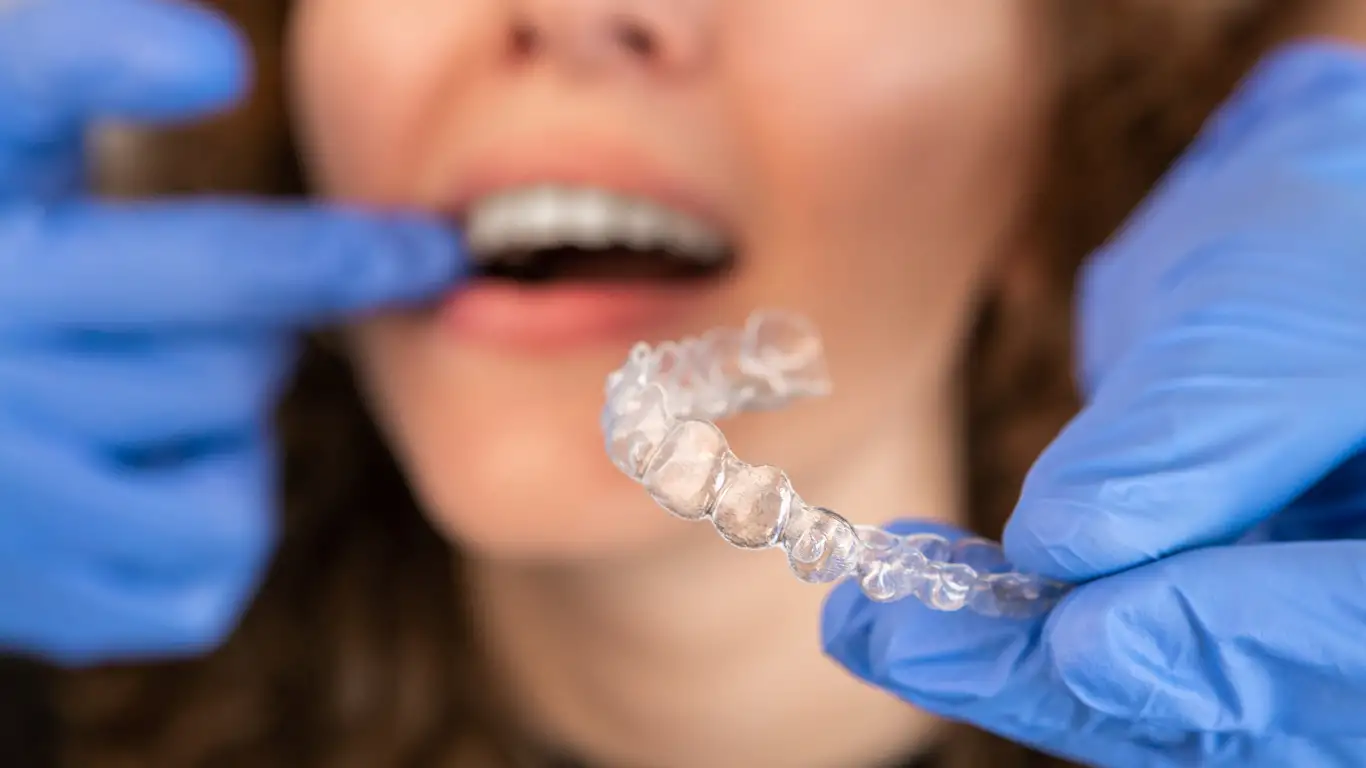Understanding Screwless Dental Implants : Cost, Options, and Considerations
When traditional dental implants fail or aren't suitable for your situation, screwless dental implants offer an innovative alternative that's gaining popularity among patients and dental professionals alike. These advanced tooth replacement solutions provide stability and functionality without relying on the traditional screw-retained mechanism, making them an attractive option for those seeking permanent dental restoration with unique advantages over conventional methods.

What Are Screwless Dental Implants?
Screwless dental implants, also known as cement-retained implants, differ from traditional screw-retained implants in their attachment method. Instead of using screws to secure the crown to the implant post, these implants rely on dental cement to bond the restoration permanently to the abutment. The implant post is still surgically placed into the jawbone, where it integrates through osseointegration, but the final crown attachment uses a cementation process similar to traditional dental crowns on natural teeth.
This design eliminates the need for access holes in the crown surface, which are required in screw-retained implants to allow for future removal. The cement-retained approach often provides better aesthetics, particularly in the front teeth where appearance is crucial, as there are no visible screw holes to fill with composite material.
Pros and Cons of Screwless Dental Implants
The advantages of screwless dental implants include superior aesthetics due to the absence of screw access holes, better crown contours that mimic natural teeth, and often lower laboratory costs. The cementation process allows for more precise crown positioning and can accommodate slight angulation issues that might complicate screw-retained options. Additionally, the solid crown structure without access holes can provide better strength in certain situations.
However, screwless implants also present some disadvantages. The permanent cementation makes future crown removal challenging if repairs or adjustments become necessary. This can complicate maintenance and may require crown destruction for removal. There’s also a higher risk of cement retention around the implant, which can lead to peri-implantitis if not properly managed. The irreversible nature of cementation means that any issues with fit or aesthetics are more difficult to correct after placement.
How Much Does a Full Set of Teeth Implants Cost?
The cost of full mouth dental implants varies significantly based on the treatment approach chosen. All-on-4 or All-on-6 implant systems, which can utilize screwless retention methods, typically range from $15,000 to $30,000 per arch. A complete full mouth restoration using individual implants can cost between $60,000 to $90,000 or more, depending on the number of implants required and the complexity of the case.
Geographic location, dentist expertise, and material choices significantly impact pricing. Urban areas and specialized implant centers often charge premium rates, while rural locations may offer more competitive pricing. The choice between immediate loading and traditional healing periods also affects overall treatment costs.
What Affects the Cost of Dental Implants by Procedure Type?
Several factors influence dental implant costs across different procedure types. The number of implants required, bone grafting needs, and the complexity of the restoration all play crucial roles in final pricing. Screwless implants may have different laboratory fees compared to screw-retained options, though the implant surgery costs remain similar.
Immediate loading procedures, where temporary or permanent teeth are placed the same day as implant surgery, often carry higher fees due to increased complexity and specialized materials. Conventional loading, with a 3-6 month healing period, typically costs less initially but may require additional appointments and temporary solutions.
The type of restoration also impacts costs, with individual crowns being more expensive per tooth than implant-supported bridges or dentures. Premium materials like zirconia or specialized ceramics command higher prices than standard porcelain-fused-to-metal restorations.
| Treatment Type | Cost Range | Key Features |
|---|---|---|
| Single Screwless Implant | $3,000-$5,000 | Individual crown, cement-retained |
| All-on-4 Full Arch | $15,000-$25,000 | Four implants per arch, immediate loading |
| Full Mouth Individual Implants | $60,000-$90,000 | 20-24 individual implants |
| Implant-Supported Bridge | $8,000-$16,000 | 3-4 crowns on 2 implants |
Prices, rates, or cost estimates mentioned in this article are based on the latest available information but may change over time. Independent research is advised before making financial decisions.
What Is the Cost of Full Mouth Dental Implants Range?
Full mouth dental implant costs span a broad range depending on the treatment philosophy and materials selected. Budget-conscious patients might find solutions starting around $20,000 for both arches using simplified protocols, while premium treatments with individual implants and high-end materials can exceed $120,000.
Mini dental implants offer a lower-cost alternative, typically ranging from $10,000 to $20,000 for full mouth treatment, though they may not provide the same longevity as conventional implants. Hybrid approaches combining different implant types and restoration methods can help balance cost and functionality based on individual patient needs.
Insurance coverage varies widely, with some plans covering basic implant costs while others provide minimal benefits. Many dental practices offer financing options or payment plans to make treatment more accessible, and some partner with third-party financing companies to provide extended payment terms.
The investment in full mouth dental implants should be evaluated against the long-term benefits of improved oral health, nutrition, and quality of life. While the initial costs are substantial, the durability and functionality of implant restorations often provide excellent value over time compared to removable alternatives that require frequent adjustments and replacements.
Understanding screwless dental implants requires careful consideration of both their benefits and limitations. While they offer excellent aesthetic outcomes and can be ideal for certain situations, the permanent nature of cement retention demands careful treatment planning and ongoing maintenance. Consulting with experienced implant specialists and comparing different treatment options will help ensure the best outcome for your specific needs and budget.
This article is for informational purposes only and should not be considered medical advice. Please consult a qualified healthcare professional for personalized guidance and treatment.




